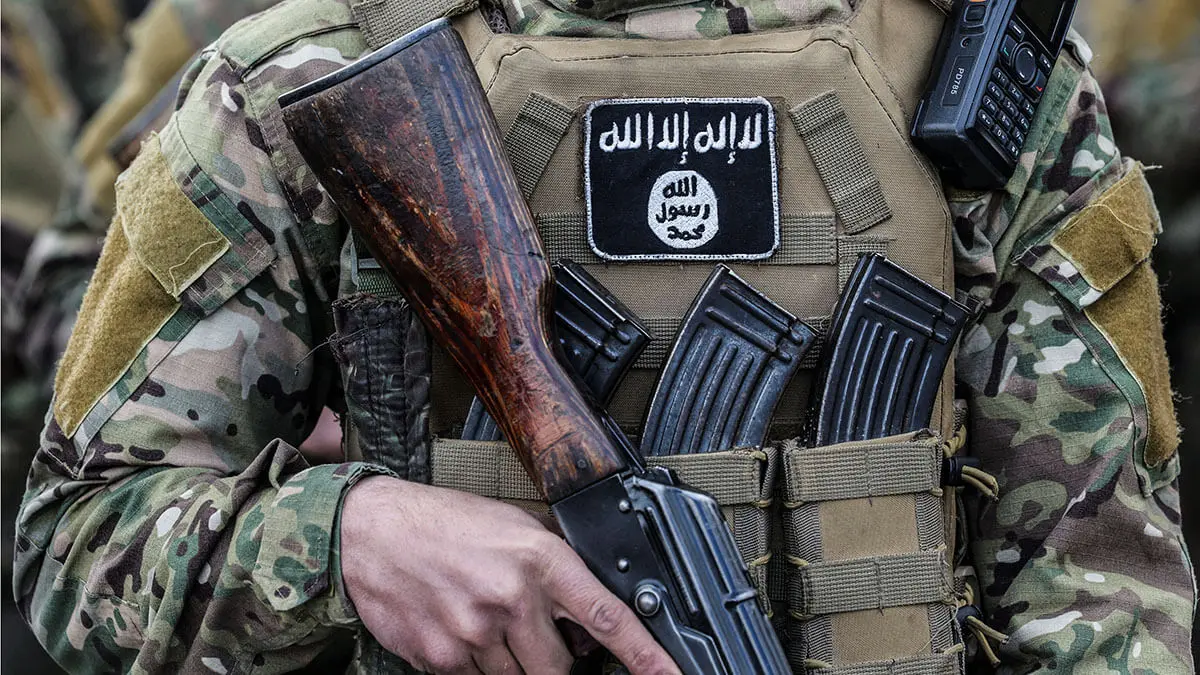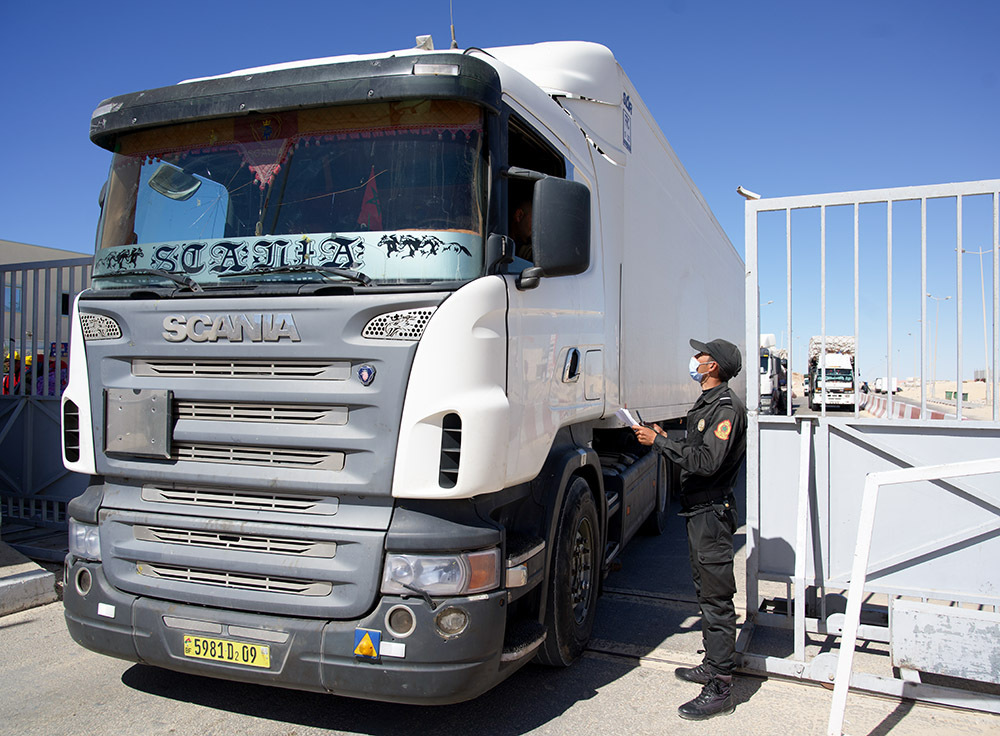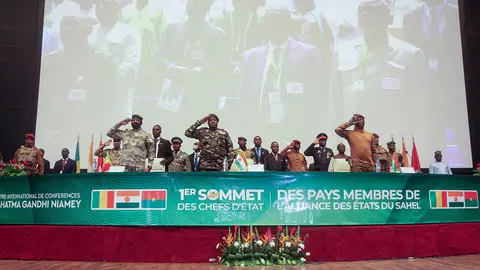Four Moroccan hostages freed from Daesh in the Sahel

The Malian government has announced the release of four Moroccan citizens who were kidnapped in the Sahel by Daesh.
Thanks to the cooperation of the Moroccan intelligence services, four Moroccan truck drivers who were being held by the jihadist terrorist group in the Sahel have been released.
Daesh kidnapped these Moroccan citizens for seven months in the Sahel, an area comprising several African countries such as Senegal, Gambia, Mauritania, Mali, Burkina Faso, Niger, Chad, Nigeria and Cameroon, and which is notorious for its political instability, marked by continuous coups d'état and the overthrow of legitimate governments, violence and the activity of various criminal gangs and terrorist groups operating with relative impunity in the territory.
The Moroccan truck drivers were kidnapped on 18 January by the jihadist terrorist group, which is very active in the Sahel area. There could be several reasons for the prolonged kidnapping of these Moroccan citizens, and there is speculation about economic interests, derived from obtaining some kind of ransom for their release, or political interests with a view to some kind of negotiation with the countries affected, in this case Morocco, Niger, Burkina Faso and Mali.
The Malian government announced in an official statement the release of these four people who were being held against their will and acknowledged that the cooperation of the Moroccan intelligence services had been crucial in securing their release. The Malian government officially confirmed that the drivers ‘were in the hands of the ISIS terrorist organisation in the Sahel region’.

The four men, ‘who were kidnapped in north-eastern Burkina Faso, near the border with Niger,’ appeared on national television as guests of the leader of Mali's ruling military junta, Assimi Goita.
Armed groups affiliated with jihadist terrorist groups such as al-Qaeda and Daesh (also known as ISIS or Islamic State) have been active for about a decade in Niger, Burkina Faso and Mali, three countries that for several years have been ruled by military regimes that took power as a result of coups carried out in recent years against the established governments, which has led to growing political instability in the area, adding to the violence and criminal activity prevailing in many Sahelian enclaves.
The Malian government officially confirmed that ‘this liberation operation was successful thanks to the coordinated efforts between the Malian National State Security Agency and the General Directorate of Studies and Documentation of Morocco,’ the official name of the Moroccan intelligence agency. ‘The institutions jointly carried out the investigations with determination and professionalism from the first hours of the kidnapping,’ according to the official statement from the Malian executive.
At the end of January, the Nigerien army announced the discovery of four empty trucks with their Moroccan drivers in Tera, a region in south-western Niger that is regularly the scene of terrorist attacks, just across the border with Burkina Faso, where the kidnapping took place, according to various reports.
The convoy of three trucks was transporting lighting equipment for the Niger State Electricity Company and was travelling ‘without a security escort,’ according to the Nigerien army.










